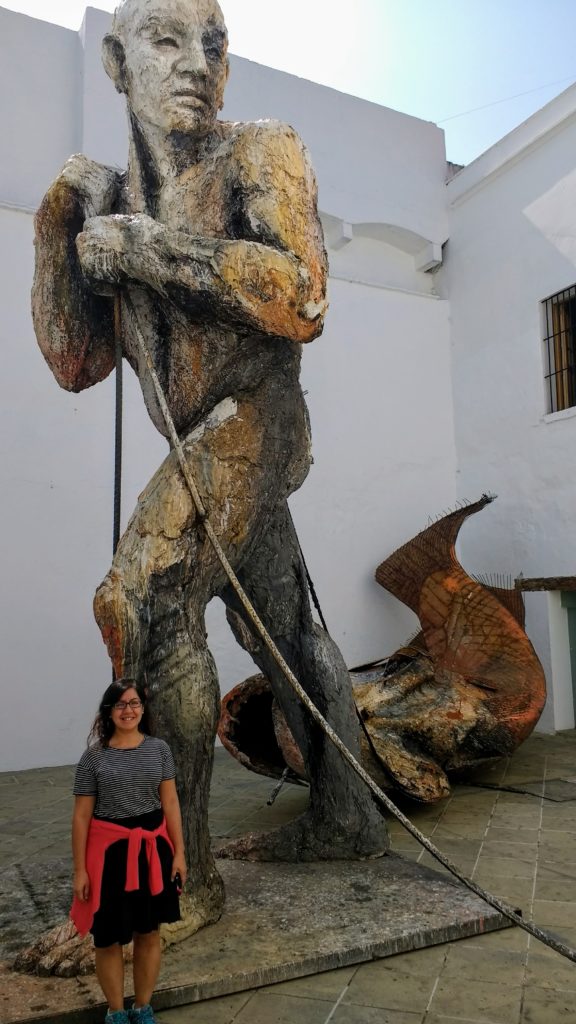April’s week-long Kids on Computers effort to rebuild computer labs at more than a dozen schools around Oaxaca City and Huajuapan (both in Oaxaca State, Mexico) was an extremely powerful life lesson across many fronts, still teaching us all new things 6 months later.
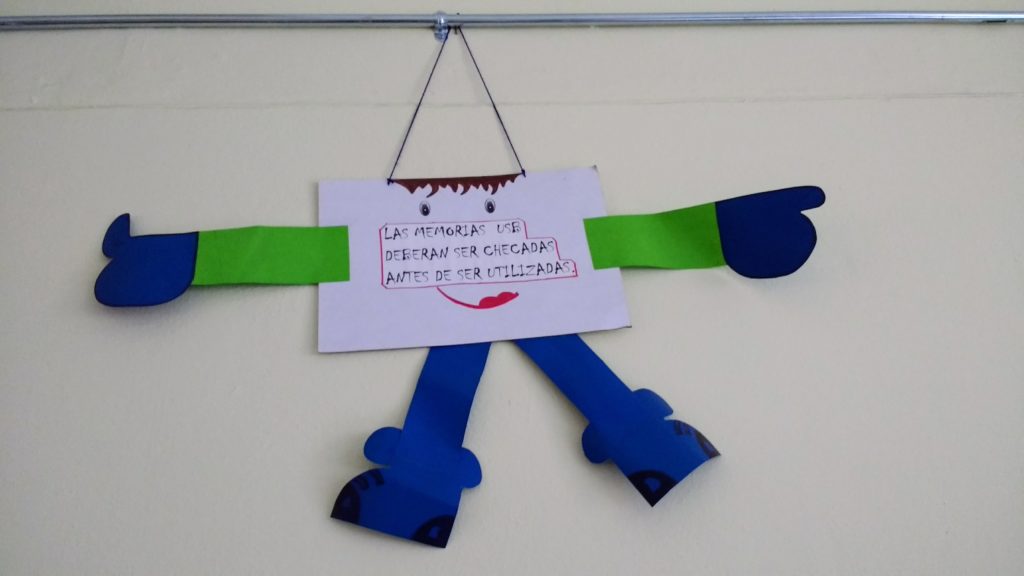
Oaxacans’ committed resourcefulness stands out above all, and how we can all push together to meaningfully deepen children’s and teachers’ techno-realities in coming years. While so many small things from April still stand out powerfully 6 months later too:
- Xochitl Juárez translating efficiently so that schools could re-work entire computer labs within a few short hours, allowing on-site teachers get to know the fundamentals during our commando-style “insertions” into several new schools per day — that rarely afforded the luxury of chit chat. Her agility teaching & explaining new ideas to new teachers made the impossible happen — repeatedly.
- Hermes Ojeda Ruiz and his family in Oaxaca City showed the entire team what’s truly possible, setting aside an entire week and many nights. Including setting up a Oaxaca City inventory management system well past midnight, when all others had collapsed…
- Gustavo Silva bending over backwards to welcome everyone to interact with every member of his family, across all ages, over a proper/traditional meal in their proud home.
Tiny anecdotes among many, vivid long afterwards for a reason. There are too many other lessons learned that will stick with us for years. Even logistics, just to focus on one today, which will not be magically solved nor at a magical price, but still it’s good to review at a very high level what does NOT work, so that others do not suffer illusions.
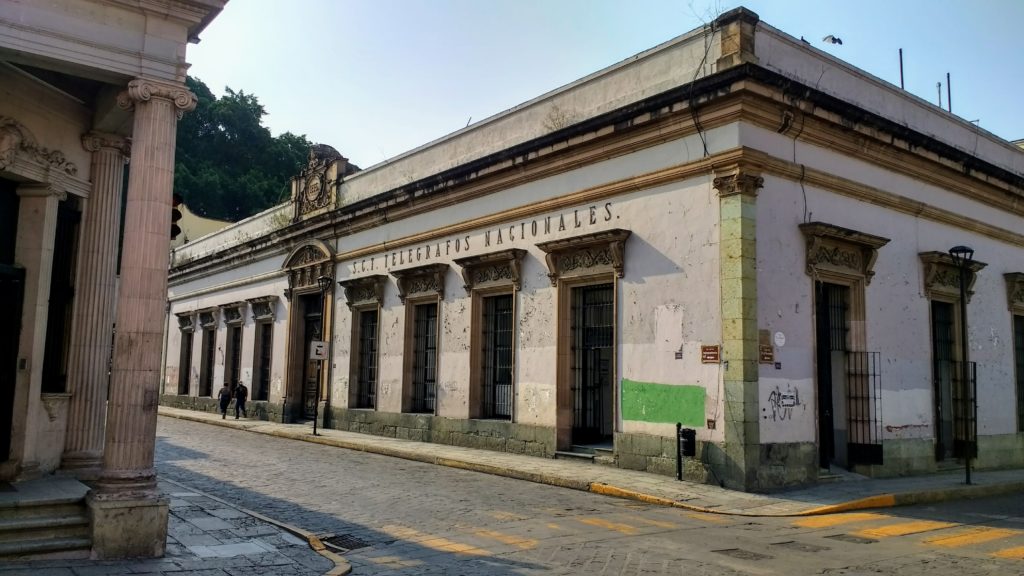
For example Mexico City’s very dynamic but somewhat pricey supply chains (within Plaza de la Tecnología especially) can truly deliver, if we have one or two boots on the ground in the capital, as we did this time — but that is not always the case.
And regardless: essentially all in-person Mexican computer stores lack Raspberry Pi equipment. When they do have Raspberry Pi equipment, their inventory is negligible, and their prices are often more than double what many of us are used to in other countries.
In a pinch, one can pay a premium online for Raspberry Pi parts at GeekFactory.mx (very useful if buying in limited quantities). Whereas the eBay-like MercadoLibre.com.mx is the true savior (even in large numbers) when procuring key adapters like HDMI-to-HDMI/VGA/DVI cables etc.
Mercado Libre has much better selection than Mexico’s very limited Walmart/Amazon and local computer stores, all of which have very high prices, and Mercado Libre’s many vendors sometimes ship from Mexico City to Oaxaca City within 48 hours.
Naturally, knowing precisely what to buy a week in advance is the underlying (and never fully solvable!) challenge. The reason is that there is no magical ESP into every school’s computer labs’ ever-evolving needs — until folks with tools & folks with authority arrive on site — boots on the ground of every kind, to work this out together…
Anyone who says otherwise (that perfect situational awareness is just around the corner) is either lying to you…or far worse, lying to themselves 🙂
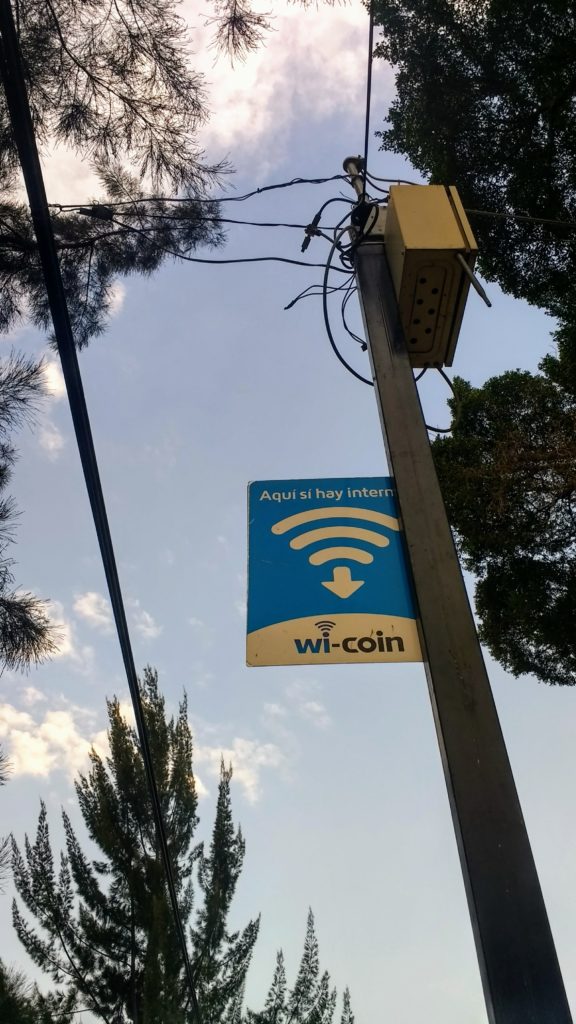
Of course the situational awareness of schools’ ongoing needs is incrementally improving, thanks to Technological University of the Mixteca’s (UTM-Huajuapan) students. Heroic actions are happening as a result of Hermes’ heavy investment cultivating them and their faculty. Still, students cannot travel long distances to all schools, and cannot quite deliver ESP (end-to-end superhombre powers) even if Hermes promises every single one of them a job after they graduate 😉
And then there is Reverse Logistics (how to recycle and dispose of the torrent of toxic older computers, steadily reaching obsolescence). Mexican schools take their environmental responsibilities very seriously, but there is no clear road-map in how Kids on Computers can help these schools walk the talk, looking technology’s full life-cycle in the eye, when we might accidentally be exacerbating toxic e-waste.
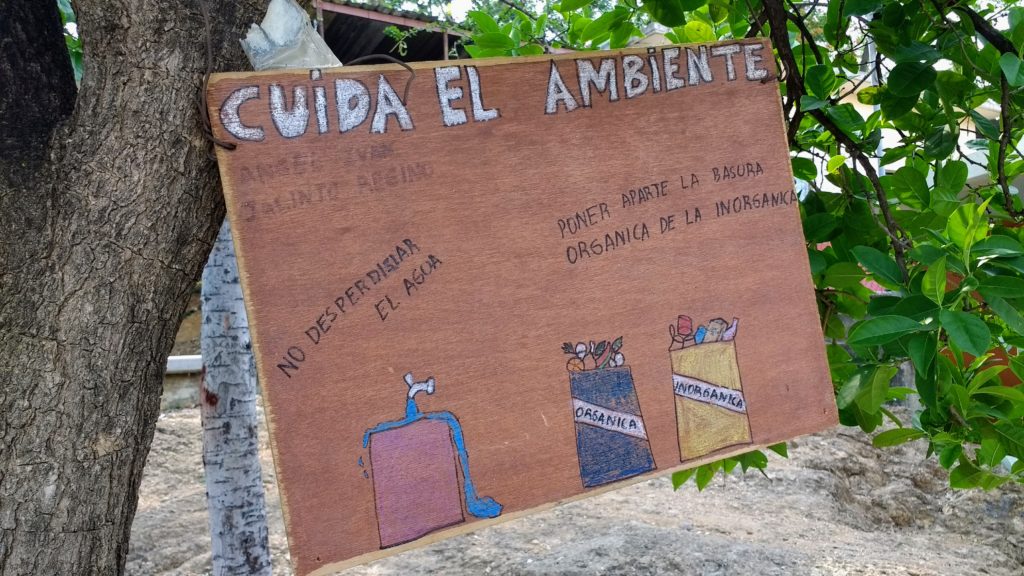
Serious challenges surround us. Likewise it is completely unrealistic to have all equipment prepaid and pre-positioned in Oaxaca (in moderation, yes). All things considered, there is no way around the need for an advance scout — with eyes & ears on the ground at an increasing number of representative schools during those critical days (JUST prior!) to in-school computer lab implementation / maintenance / training visits.
Finally, by trying to help too many schools each day, we run the risk of badly burning out literally everyone! Important computer equipment/software will always (need rehab, grow old, fail, offer time-consuming Frankensteining opportunities to mix+match parts) all for the usual reasons. We were all forced to push our limits in April (and sometimes beyond) introspectively each asking very tough and important questions about what Community Action in facts means — after the many great meals and visits wrapped up and began fading into memories.
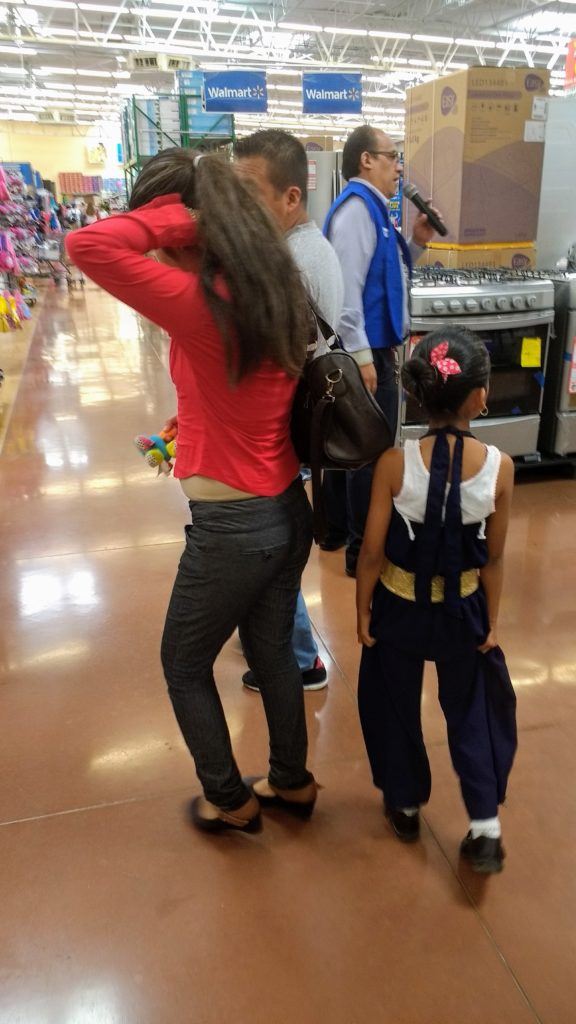
By the end of that week in late April, I noticed that our sub-teams had become incredibly efficient, able to turn around an entire school’s computer lab in a few short hours — when the same same job would have taken a few days at the beginning of the week. The reason is that many of the same patterns recur across schools, and volunteer expertise builds upon itself, becoming very finely honed by the 4th or 5th day, so long as communications and rapport stay strong.
Still, at the end of the trip, everyone agreed that doing a great job at 1-or-2 schools per day makes for a more purposeful trip than a
wham-bam-thank-you-ma’am job at 3 schools per day! Six months later, each and all of us are trying to deliver a more meaningful result from important life lessons we learned in late April’s epic marathon.
These same Grassroots Action lessons manifest themselves in All Countries, for sure. And yet I’ve found those we worked with in Oaxaca more committed to service (and more committed to authentic honesty) in how to effectively navigate long-distance educational community relationships — thanks to their many years of building up the Kids on Computers network.
